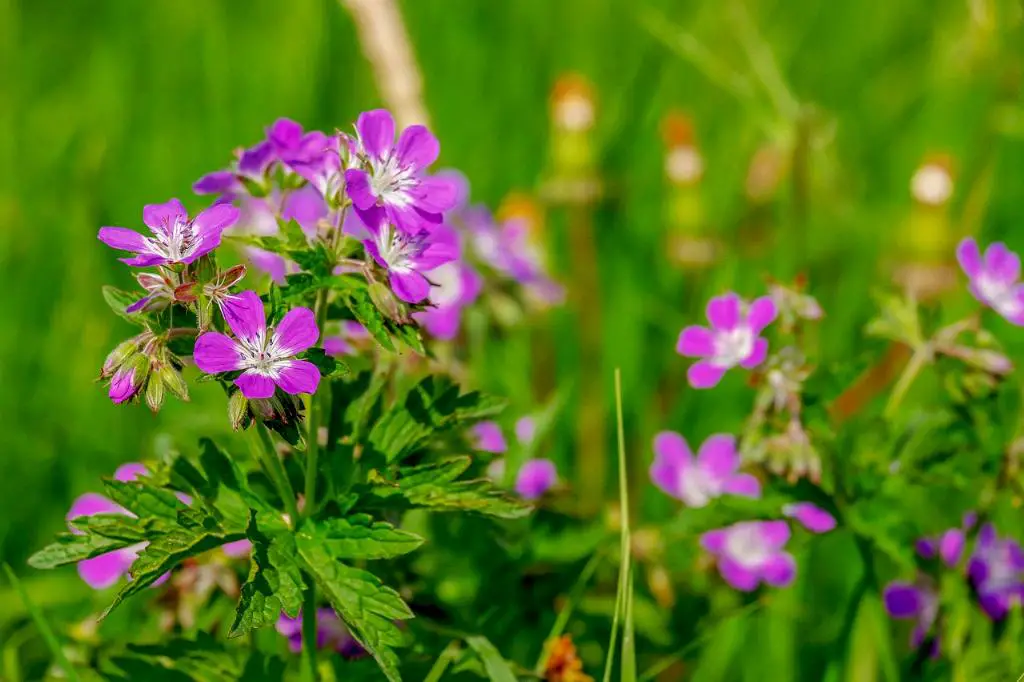When it comes to the safety of our furry friends, it is essential to be well-informed about the various plants and substances that can pose a threat to their well-being. Geraniums, also known as Pelargoniums, are commonly found in gardens and homes due to their vibrant flowers and pleasant fragrance. However, it is crucial to note that geraniums are toxic to both dogs and cats, making it important for pet owners to exercise caution.
The toxicity of geraniums extends to all parts of the plant, including the flowers, leaves, and stems. Ingesting any part of the geranium plant can lead to symptoms such as vomiting, diarrhea, lethargy, and loss of appetite in dogs. These symptoms can range from mild to severe depending on the amount of the plant consumed and the size of the dog.
While some dogs may only experience mild gastrointestinal upset from ingesting geraniums, it is crucial to seek immediate veterinary attention if you suspect your pet has consumed any part of the plant. Prompt treatment can help prevent further complications and ensure the well-being of your furry companion.
In addition to geraniums, other common plants such as hyacinths and hydrangeas can also be toxic to dogs and cats. Hyacinth bulbs contain substances that are poisonous to pets, while hydrangea bulbs contain cyanide, which can be extremely harmful if ingested. Being aware of these toxic plants and keeping them out of reach of your pets is essential in creating a safe environment for them.
As a responsible pet owner, it is essential to familiarize yourself with the plants and substances that can be harmful to dogs and cats. Educating yourself on the potential dangers of plants such as geraniums can help prevent accidental ingestion and protect your pet from unnecessary harm.
While geraniums may be visually appealing and bring beauty to your garden, it is crucial to prioritize the safety and well-being of your pets. Choosing pet-friendly plants and ensuring that toxic plants are kept out of reach can help create a safe and secure environment for your furry companions to thrive in.
In conclusion, geraniums are not safe for dogs and cats, as all parts of the plant are toxic and can lead to adverse health effects if ingested. By being proactive and mindful of the plants you have in your home and garden, you can help ensure the safety and happiness of your beloved pets.
Remember, when it comes to your pet’s health, prevention is key. Taking the necessary precautions to keep toxic plants away from your furry friends can help avoid potential emergencies and keep them out of harm’s way.
Ultimately, the safety and well-being of our pets are our responsibility as pet owners. By staying informed and being vigilant about potential hazards in our surroundings, we can create a safe and nurturing environment for our furry companions to thrive in.
While it may be tempting to adorn your home and garden with a variety of plants, it is crucial to prioritize the safety of your pets above all else. Making informed choices about the plants you bring into your living space can make a significant difference in safeguarding the health and happiness of your beloved furry friends.
In conclusion, geraniums are not safe for dogs, and it is important to be cautious and proactive in ensuring that your pets are not exposed to toxic plants. By being mindful of the potential dangers posed by certain plant species, you can create a safe and healthy environment for your pets to thrive in.

